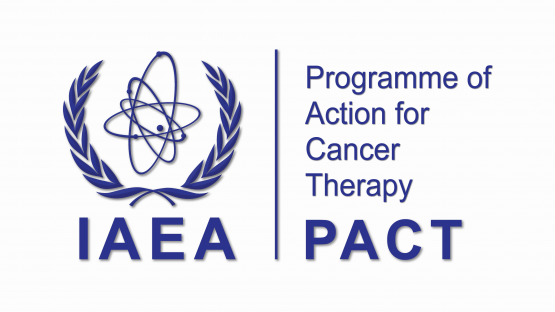For many years, the Government of Zambia has been committed to fighting cancer and is taking effective action to reduce the number of lives being taken each year. As in many other countries, Zambia is faced with competing health priorities but limited resources, to be able to adequately meet the needs of its population. With more than half living in rural areas and one quarter away from main city centres, access to health services remains a challenge.
Cervical cancer is the leading cancer in women and is responsible for 50% of all cancers in Zambia. And yet, this cancer can easily be treated if detected early. Awareness and access to services are key for an early cancer diagnosis. Zambia has devised a system of free walk-in clinics where women are screened with the VIA (visual inspection with acetic acid) method. This is a simple, reliable and cost-effective method for the detection of pre-cancerous lesions, which can then be treated on the spot with cryotherapy based on the “screen-and-treat” approach. There are already 18 clinics in the country but plans are underway to set up screening and cryotherapy in every district hospital. Access to screening has to be accessible to all.
This screening is part of the Cervical Cancer Prevention Program of Zambia (CCPPZ), which is a joint initiative between the Ministry of Health, the Centre for Infectious Disease Research in Zambia, and the University Teaching Hospital. There was practically no screening before the CCPPZ was established. Thanks to these clinics, 30 000 women have been screened. Some clinics even offer LEEP (loop electrosurgical excision procedure) treatment, but patients requiring more complex treatment, such as treatment of radiotherapy are referred to the University Teaching Hospital or Cancer Diseases Hospital.
For every 42 women who die of cervical cancer, one death is prevented. In one clinic in Lusaka, 80% of patients came with advanced cancer a few years ago whereas now, their cancer is in the early stages and has greater chances of being cured. All of these treatments are performed by the nursing staff.


